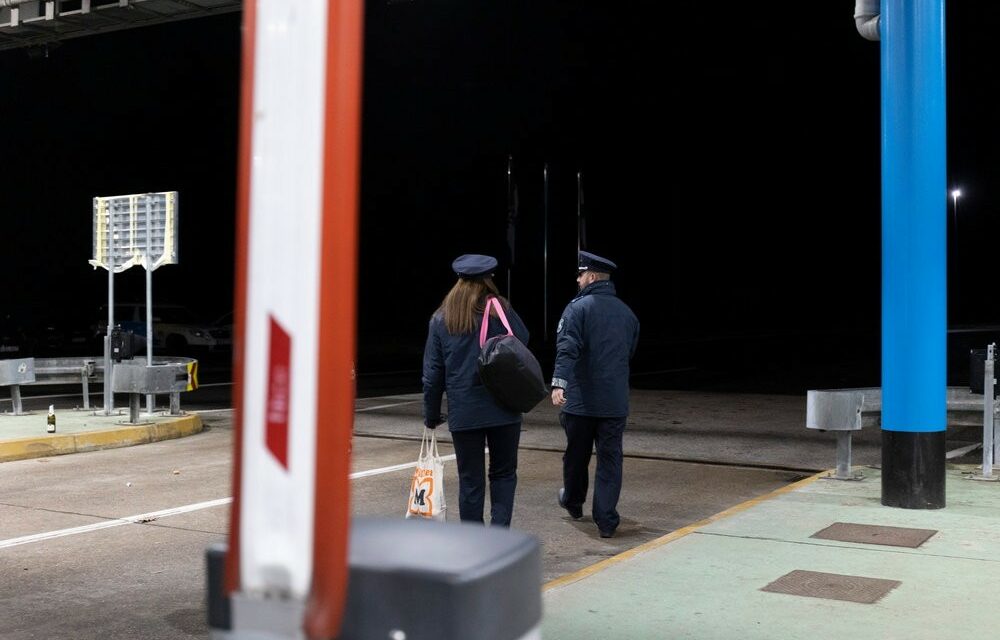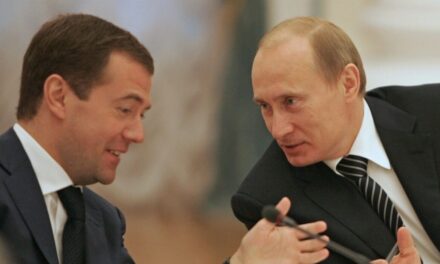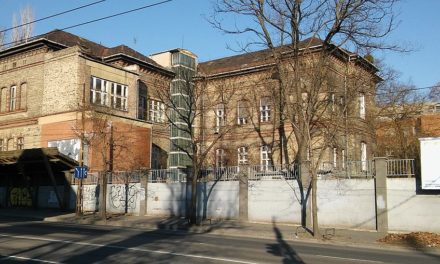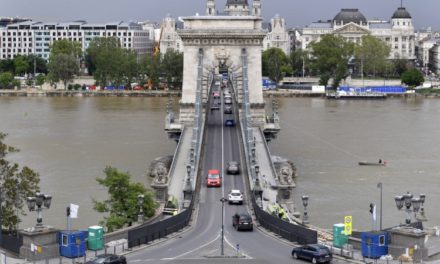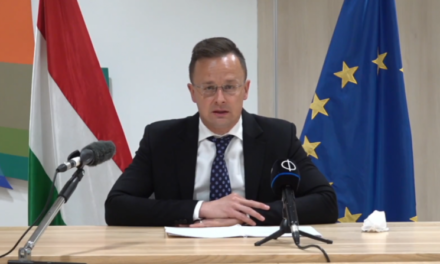As of January 1st, Croatia is also a member of the Schengen area, so travelers can now use the Croatian-Hungarian border crossings without stopping or checking. However, this is not the only innovation in our southern neighbor, because after midnight the euro is already the official currency in Croatia. The country joined the Eurozone as the twentieth country.
The fate of the border fence has been decided
At the event, Prime Minister Andrej Plenkovic emphasized that January 1, 2023 is a historic day on which Croatia's strategic political goals were realized. He pointed out: Croatia – which is unique in having joined the Eurozone and the Schengen zone on the same day – is now one of the 15 European countries that are members of both these integration projects and NATO.
Plenkovic thanked the ministers working to achieve the goals and the border police. He stated: the police is ready to protect the more than 1,350 kilometers long external EU border, which is also the Schengen border. But
he stated.
The Slovenian president expressed his joy at Croatia's accession steps, stressing that integration is the only viable path for Europe and the Western Balkan countries. "Europe is our home. It is our duty to protect and make this home comfortable," said Natasa Pirc Musar.
The EP and the Commission also sent messages
After barely ten years of membership in the European Union, Croatia has now entered the Schengen area and the Eurozone. On this occasion, he received many congratulations from the members of the European Union. Roberta Metsola, President of the European Parliament (EP), welcomed Croatia's accession to the Eurozone and the Schengen Area on Twitter. He congratulated the Croatian Prime Minister on his government's reforms and the fact that they helped Croatia to integrate. The European Parliament welcomes everyone who meets the accession conditions, Metsola wrote.
The European Commission also welcomed Croatia on Twitter, which is the 20th country to introduce the euro.
- the board wrote, noting that the common European currency facilitates travel and business activities in Croatia, as well as strengthens the country's macroeconomic stability and resilience.
The Schengen rules apply at the Croatian-Hungarian border crossings from now on
Croatia will be a member of the Schengen zone from zero on Sunday, so travelers can also use the Croatian-Hungarian border crossings without stopping or being checked, announced the Croatian Minister of Foreign Affairs and European Affairs at a ceremony held on Saturday night at the Letenye-Muracsány (Gorican) border crossing.
In his speech, Gordan Grlic Radman - who used to be the ambassador of Croatia in Budapest - called joining the Schengen zone a historic step for both countries. He put it this way: his country achieved two strategic goals on this day, as not only did the Schengen rules come into force on the internal borders, but Croatia also became a member of the Eurozone.
He added that when he was the ambassador in Budapest - between 2012 and 2017 - his country became a member of the European Union, and now, as the minister of the Ministry of Foreign Affairs, he can announce that Croatia has joined the Schengen area, which means full freedom of movement within the EU.
"This facilitates and at the same time improves and promotes cross-border cooperation." This is a huge step forward in the economic field for two nations that have 800 years of common history - praised the Croatian politician.
According to Gordan Grlic Radman, for people living along the border who have property on the other side of the border, it is a big step forward, but also from the point of view of tourism, the free passage of the border can bring an additional boom.
"We thank friendly Hungary for the support," emphasized the Croatian Minister of Foreign and European Affairs.
At the ceremony, Péter Cseresnyés, the Fidesz representative of Nagykanizsa and its region, recalled the difficulties he had when crossing the border decades ago. However, from now on, the hundreds of thousands of tourists traveling to the Adriatic Sea can cross without stopping or waiting, he pointed out.
With the end of border control, entrepreneurs on both sides have gained a new opportunity for cooperation, but it is also an outstanding result for the Croatians that they can keep in touch with their relatives and friends living on the other side much more easily, emphasized the member of parliament.
The ceremony held at the Letenye-Muracsány road border crossing was attended by the ambassadors and minority representatives of the two countries, the leaders of Zala County and the settlements along the border, as well as the managers of Muraköz County and nearby settlements.
With Croatia's entry into the Schengen area, checks were no longer carried out at 15 crossing points on the Croatian-Hungarian border and 58 on the Croatian-Slovenian border.
MTI
Front page photo: Hungarian passport handlers will leave their jobs at the Letenye-Goricani border crossing on January 1, 2023. From that day on, Croatia became the twentieth country to join the Eurozone and became a full member of the Schengen zone. MTI/György Varga

